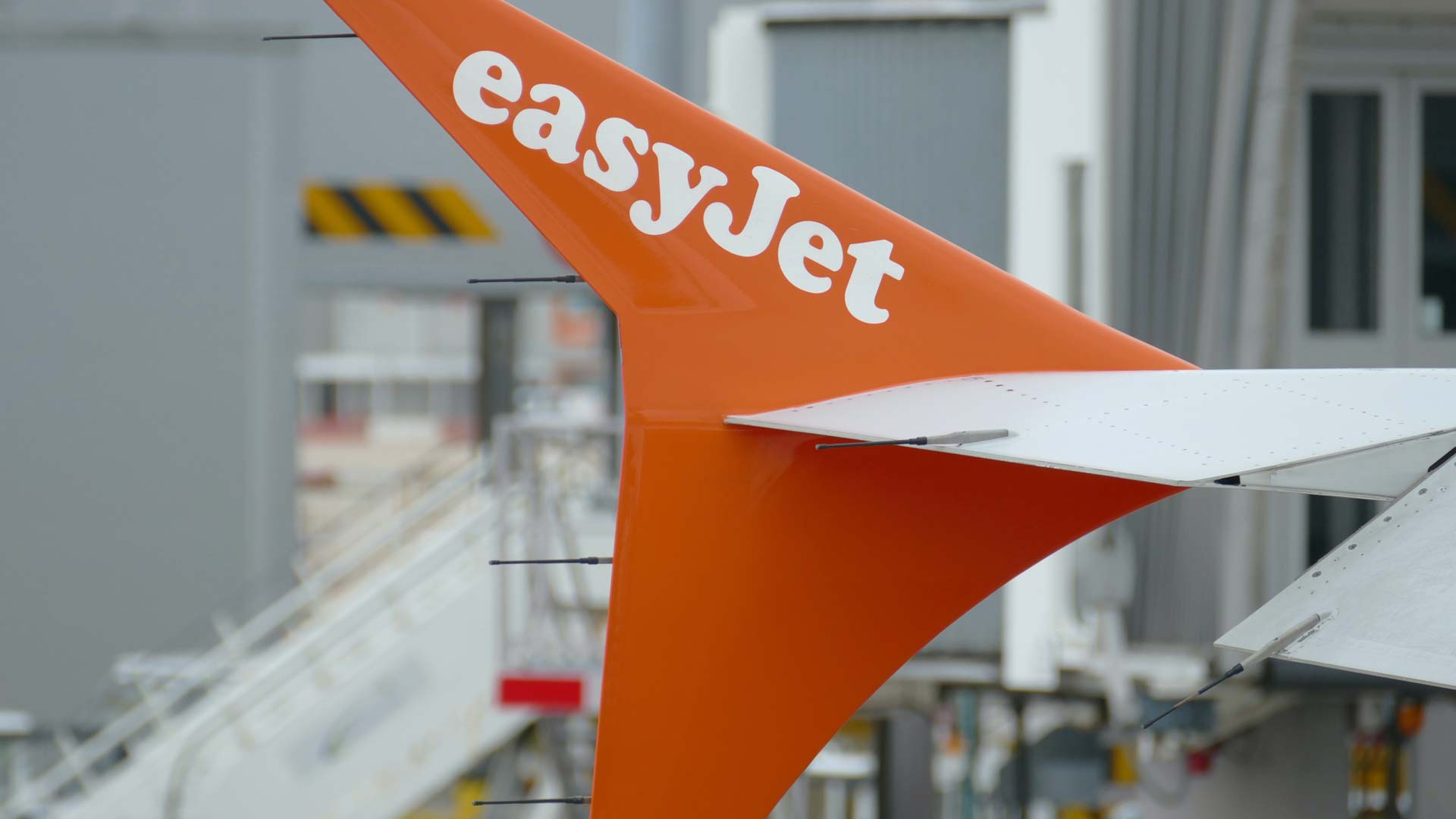easyJet has projected an operating profit of up to £545 million for the summer quarter as passenger numbers doubled post-pandemic. The airline is expecting to break even at the operating profit (EBIT) level for the full year, following a strong fourth quarter.
“July to September quarter was one of the best in easyJet’s history in terms of operational profit, but the problems and costs earlier in the year would push it to a third consecutive annual loss,” the airline said.
For the fourth quarter, easyJet expects its headline EBIT to be between £525 million and £545 million. Total group revenue and headline EBIT costs for the fourth quarter are expected to be around £2,515 million and around £1,980 million, respectively. The airline stated that revenue continued to benefit from strong demand for easyJet's network, the continued outperformance of ancillary products and easyJet holidays. Costs were incurred during the quarter as a result of additional resilience built into the schedule impacting crew, airports and wet lease costs, confirmed easyJet. The airline also noted that its financing costs were impacted by the strengthening US dollar, which has driven a non-operating, non-cash FX loss of £30 million from balance sheet revaluations in the fourth quarter.
The airline expects an annual headline pre-tax loss of between £170 million and £190 million for the financial year to September 30, including a £64 million foreign exchange loss and disruptions costs of £75 million, mainly from operational issues experienced across the industry in Q3.
The airline is slightly optimistic about the travel demand going ahead into the winter schedule but anticipates that economic slowdown due to the Russia-Ukraine war could be a revenue dampener.
“The impact of Omicron, the war in Ukraine, and the industry-wide issues experienced this summer all affected operational performance during the financial year. Despite this, demand has been strong for easyJet's optimized primary airport network which continues to deliver alongside step-changed ancillary revenue and the rapid growth of easyJet holidays,” the airline said in a statement
Johan Lundgren, CEO of easyJet, said: "easyJet achieved a record bounce back this summer with Q4 operating profit expected to be between £525m and £545m and passenger numbers almost doubling versus last summer to 24 million with a load factor of 92%, as demand for our leading network and services remains strong. Our step change in ancillary revenue has continued to deliver, alongside easyJet holidays making a profitable contribution in its first full year of operations. This was alongside our operational performance being ahead of the same period in 2019 while customer satisfaction indicators also exceeded pre-pandemic levels over the peak summer.”
easyJet flew 88% of its 2019 capacity over the summer quarter and is aiming for 83% in the current period. Going ahead, the airline expects to fly around 20 million seats in Q1 of FY23, more than 30% up year on year with UK capacity during the peak travel periods, such as October half term and Christmas week, back to pre-pandemic levels.
"Our summer 23 season went on sale last week and we were filling the equivalent of more than four A320 aircraft a minute in the opening hours demonstrating the continued demand. easyJet is Europe's largest operator at primary airports with one of the strongest balance sheets in the aviation industry. We face the uncertain macro-economic environment with many strengths through our brand, network, and business model which enable us to provide low fares to millions despite the rising cost of living," Lundgren concluded.
As of September 30, 2022, easyJet has £3.6 bn of cash and money market deposits and net debt of £0.7 bn.

